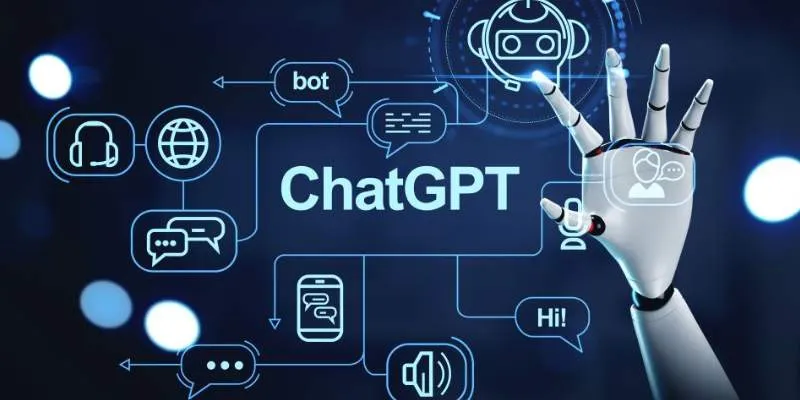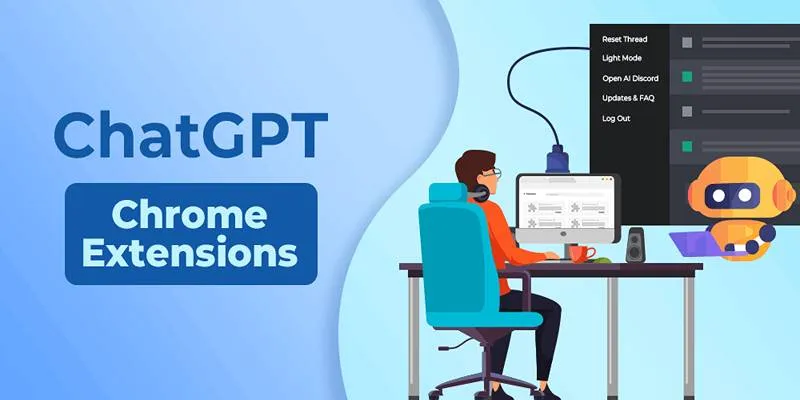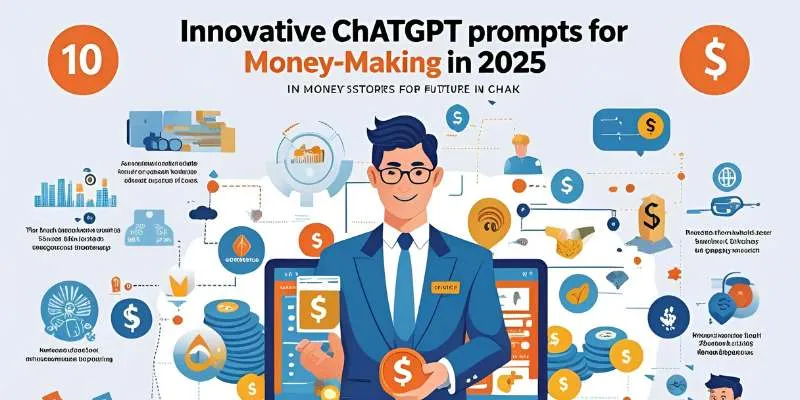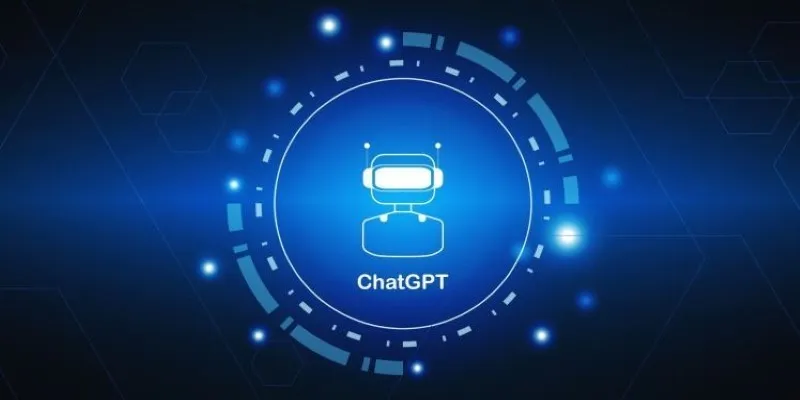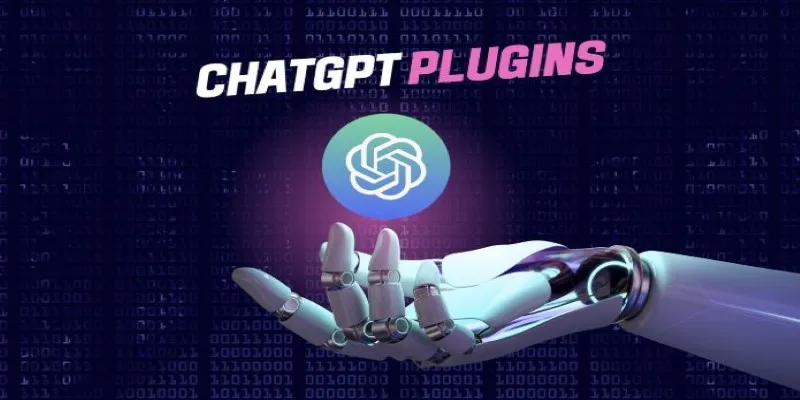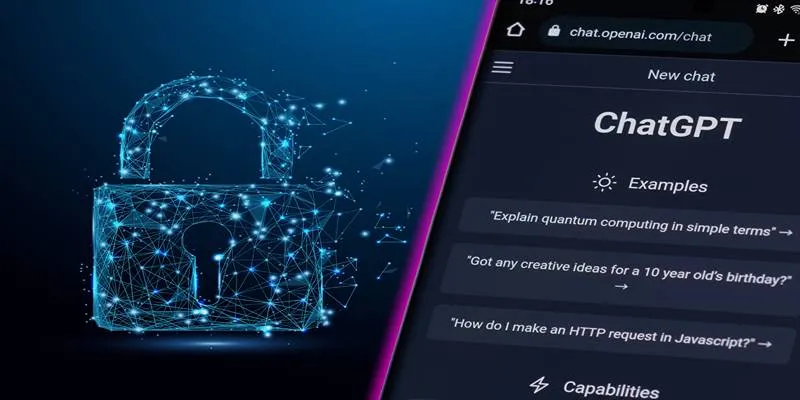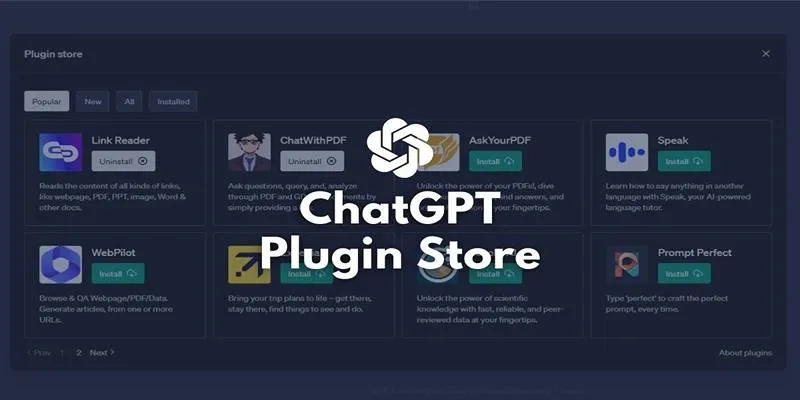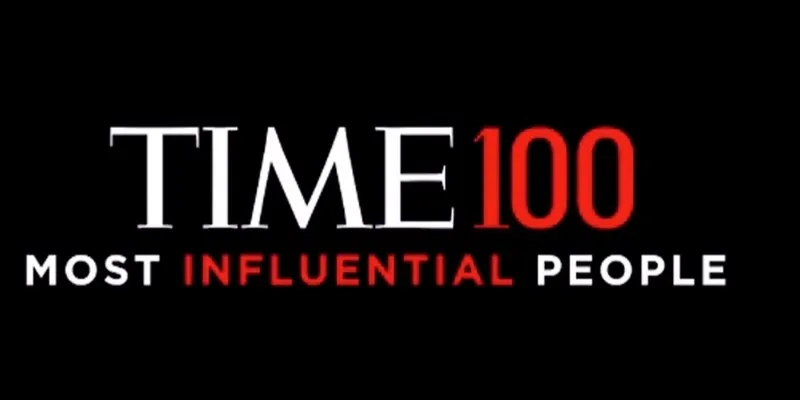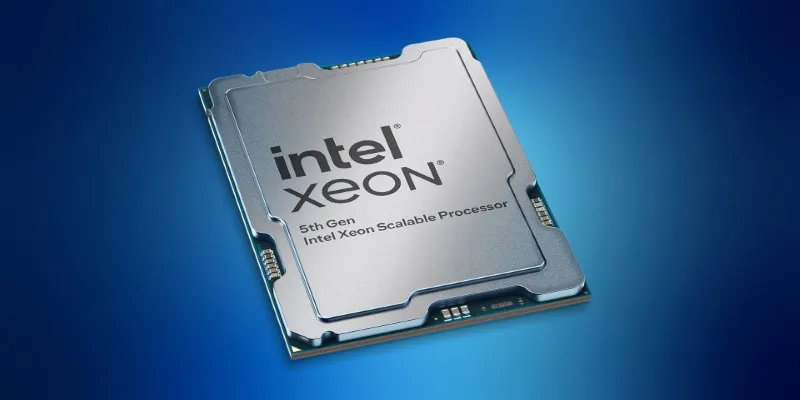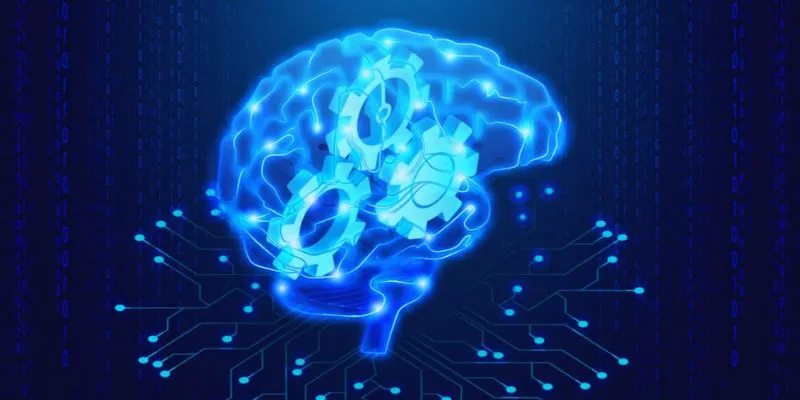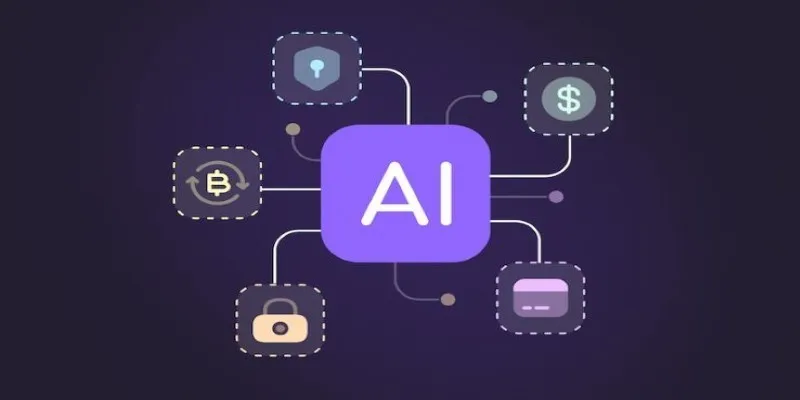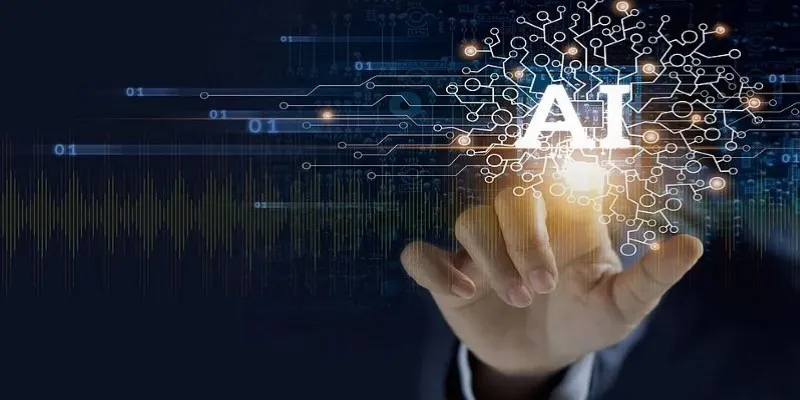OpenAI has introduced ChatGPT Gov, a version of its AI assistant built specifically for US government agencies. This new tool aims to help public sector workers manage everyday tasks more efficiently while maintaining data security and privacy. Unlike standard AI models, ChatGPT Gov operates within strict government security rules, offering a safe way for agencies to use artificial intelligence. By providing quick answers, drafting documents, and assisting with routine work, it can free up staff to focus on more complex challenges. This launch shows how AI is starting to become a practical, trusted partner in government operations.
What is ChatGPT Gov?
ChatGPT Gov is OpenAI’s dedicated version of its AI assistant, purpose-built for the unique demands of US government agencies. Unlike regular commercial products, this one runs on secure, government-only cloud environments through Azure Government Cloud and AWS GovCloud — both certified to meet the strict FedRAMP High and Department of Defense Impact Level 5 standards. That means sensitive government data stays protected, within US borders, and in compliance with federal security rules.
Agencies handle sensitive and often classified information daily, making public AI tools unsuitable for their needs. ChatGPT Gov solves that problem by offering the same advanced conversational abilities while respecting the rigorous privacy, transparency, and security standards of the public sector. OpenAI partnered closely with Microsoft and AWS to deliver a system that isn’t only technically advanced but also fully aligned with the compliance and auditing practices of government work, giving agencies the confidence to integrate AI into their workflows.
Why Government Agencies Need an AI Assistant
Government work is known for its layers of documentation, service delivery demands, and strict procedural workflows. Many of these tasks involve repetitive, time-consuming processes that drain staff time and reduce efficiency. This is where AI can make a measurable difference. ChatGPT Gov is designed to handle many of these burdens. Agencies can use it to answer routine questions from the public, generate drafts of reports, analyze large volumes of text for key information, and even help with training and onboarding new employees.

For example, a local social services department might use it to answer residents’ inquiries about eligibility programs, freeing up human staff for more complex cases. Legal offices can use the AI to draft contract language or summarize policy documents. Internal IT teams can deploy it as a helpdesk assistant to resolve technical issues quickly. This not only improves the speed and accuracy of service but also helps staff focus on higher-level responsibilities that require human judgment.
The platform also comes with transparency tools that allow agencies to monitor how the AI is being used. Administrators can review logs, audit responses, and even customize the AI to align with their specific policies and tone. This level of oversight is particularly valuable in the public sector, where accountability and clear documentation are always a priority.
How ChatGPT Gov Ensures Security and Compliance
Security has been one of the main barriers keeping governments from adopting commercial AI services. ChatGPT Gov is specifically designed to clear that hurdle. It operates entirely on cloud infrastructure approved for sensitive government workloads. Both Azure Government Cloud and AWS GovCloud have undergone federal certification processes, which means data handled by the AI stays within the approved boundaries.
The service does not utilize any interactions or data from government agencies to train OpenAI’s public models. This ensures that sensitive information is never shared beyond the agency using it. It also aligns with privacy laws and federal recordkeeping standards, allowing agencies to maintain control over their data.
Another key feature is the isolation of each agency’s environment. Each deployment is separate, meaning agencies can maintain full control over how the AI integrates with their systems and what information it can access. Audit trails are built in, providing a clear record of all interactions and making it easier to comply with Freedom of Information Act requests or internal reviews.
The system also supports identity and access controls, which means only authorized personnel can use it. Agencies can tie access to their existing secure login systems and manage permissions as they would with any other internal tool. All these measures combined create a platform that meets the high bar set by federal cybersecurity and privacy rules.
Looking Ahead: The Role of AI in Government
The launch of ChatGPT Gov reflects a growing recognition that AI can play a meaningful role in improving how government agencies serve the public. With a secure and compliant platform in place, agencies now have the opportunity to experiment with how conversational AI can help them meet their missions more effectively.

We are already seeing signs of interest in areas like healthcare, veterans’ services, education, and transportation. Each of these sectors has unique demands, but they all share the same need for faster, more accurate communication and decision support. AI assistants like ChatGPT Gov can help agencies manage growing workloads without adding headcount, all while maintaining high standards of service and accountability.
As technology evolves, we can expect more tailored versions of AI for specific agency needs. OpenAI has stated that this release is only the beginning and that it is open to working with agencies to further refine the technology based on real-world feedback. This collaborative approach could shape how AI integrates into public service over the next decade.
Conclusion
OpenAI’s launch of ChatGPT Gov is a meaningful development in bringing AI into government use in a safe and responsible way. By creating a version of its AI assistant that meets federal security and compliance standards, OpenAI has opened the door for agencies to modernize their services and support their staff more effectively. ChatGPT Gov gives agencies a way to adopt cutting-edge technology without compromising on privacy, accountability, or control. As more agencies implement this platform, it may reshape the way citizens experience government services, making them faster, more responsive, and easier to navigate. With a secure foundation in place, ChatGPT Gov sets the stage for a future where AI becomes an everyday part of public service.
For more information on how AI is transforming government services, you can visit OpenAI’s official site or check out Azure Government Cloud and AWS GovCloud.
 zfn9
zfn9
